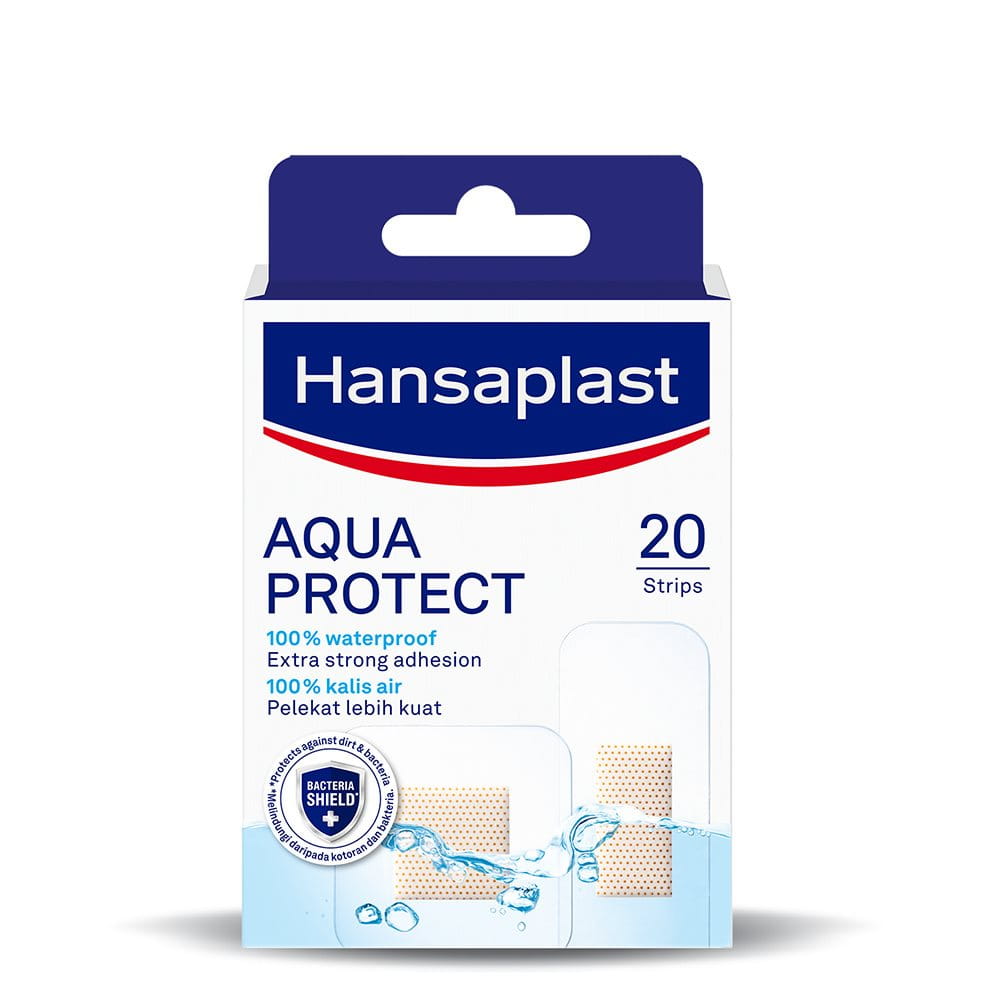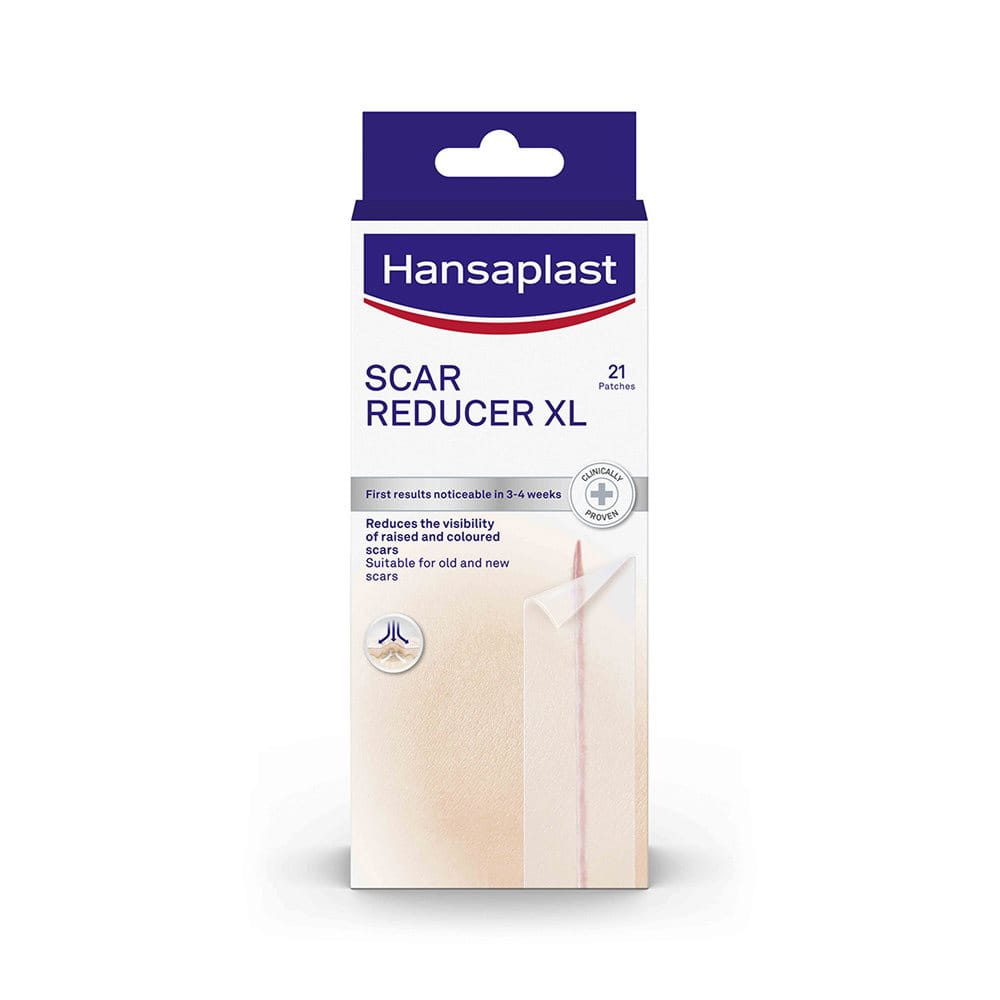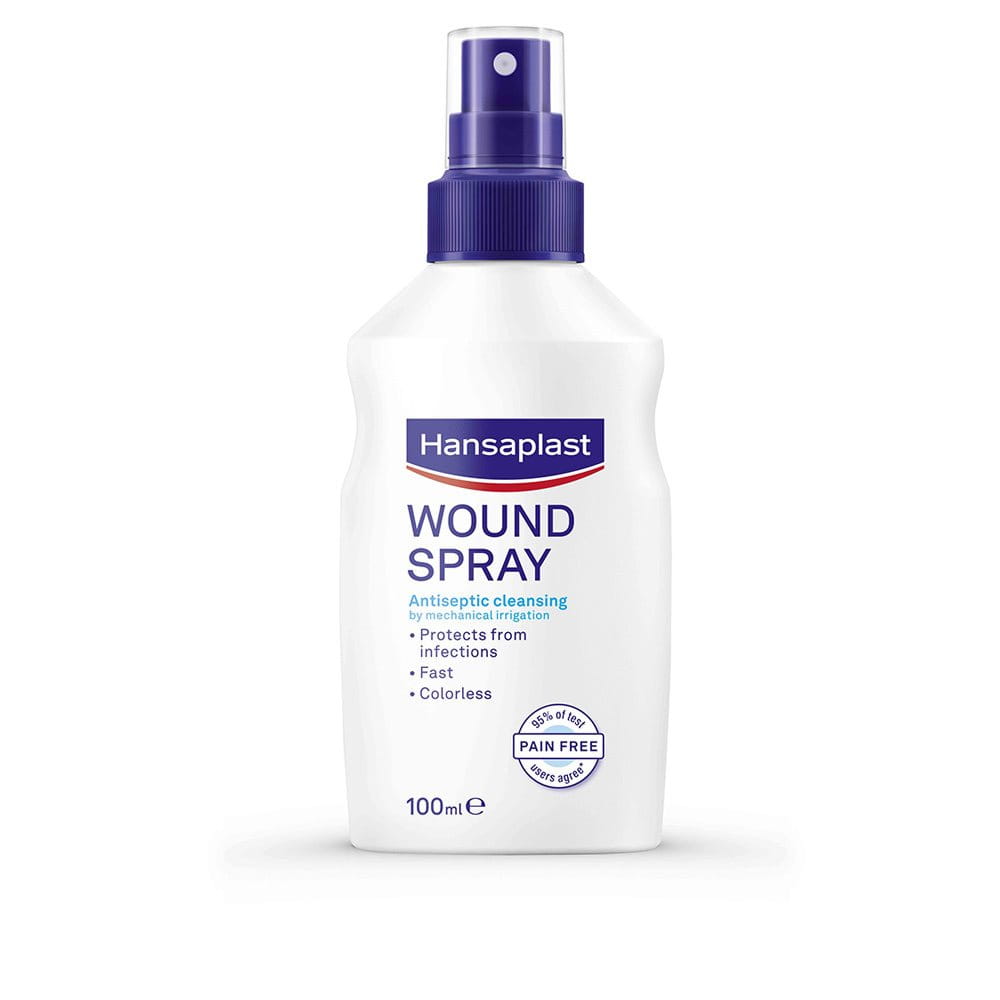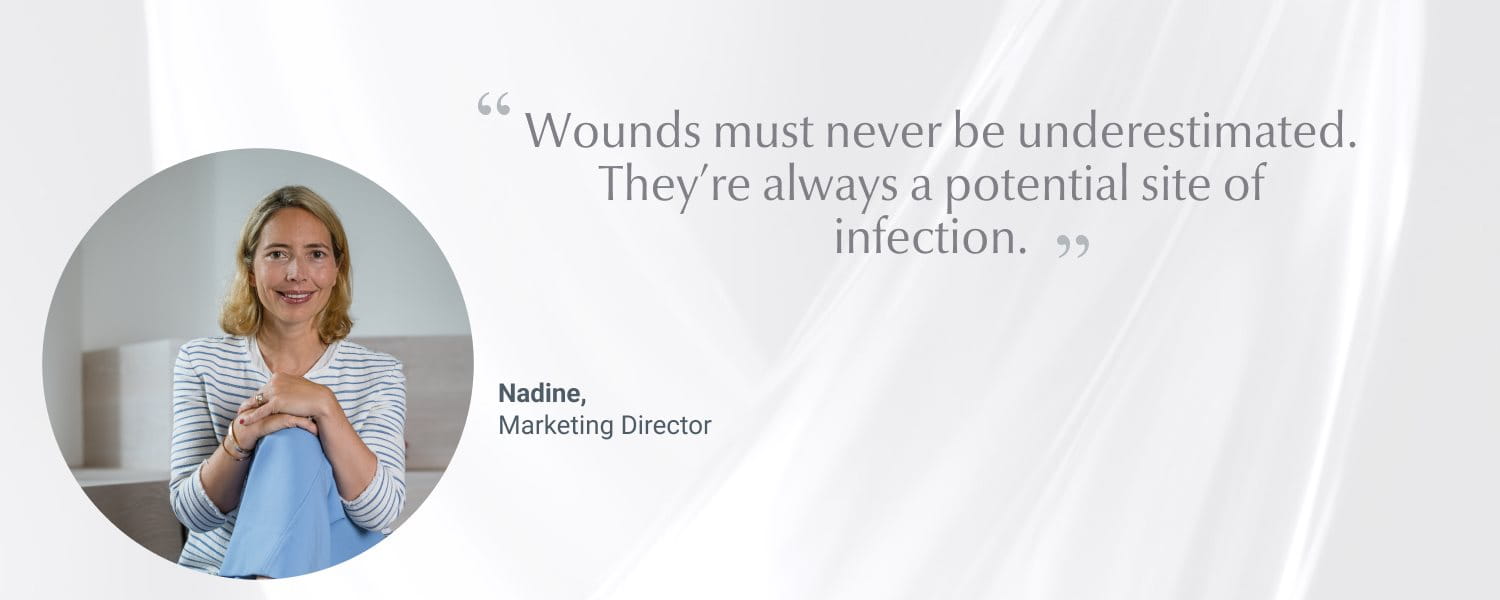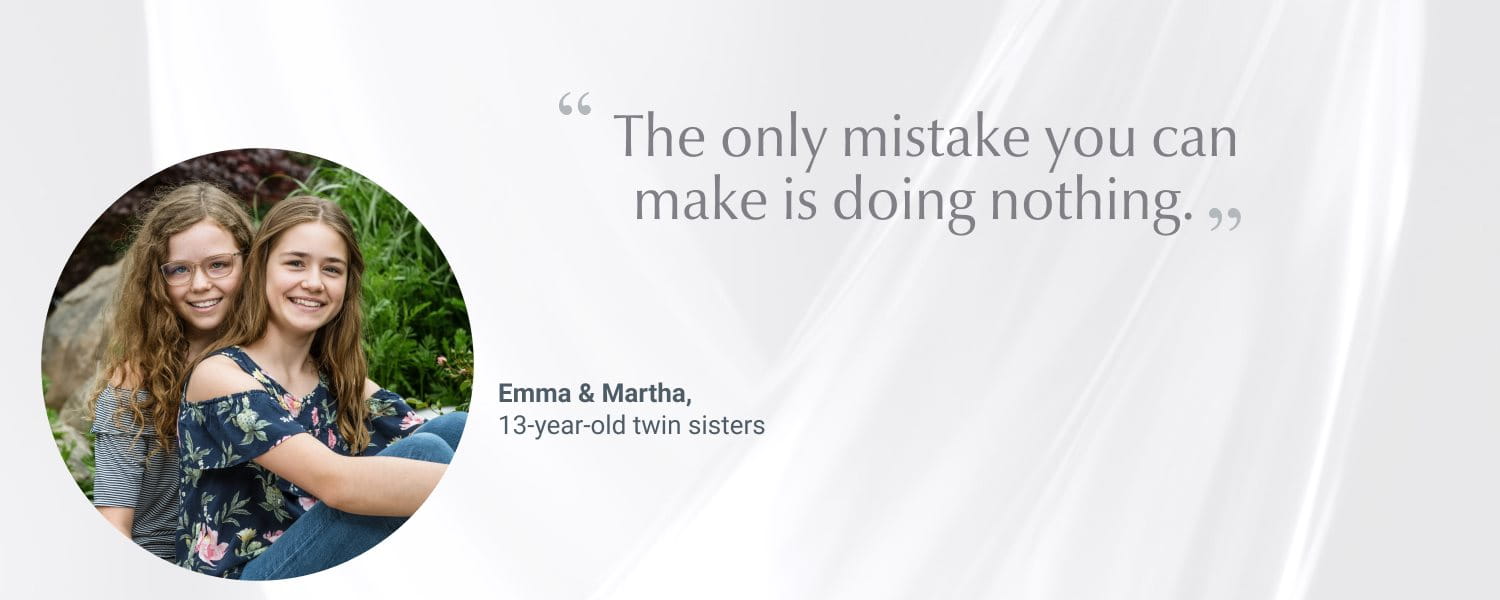The personal stories shared in our first-aid testimonials underline the importance of first aid and wound-care knowledge in everyday life.
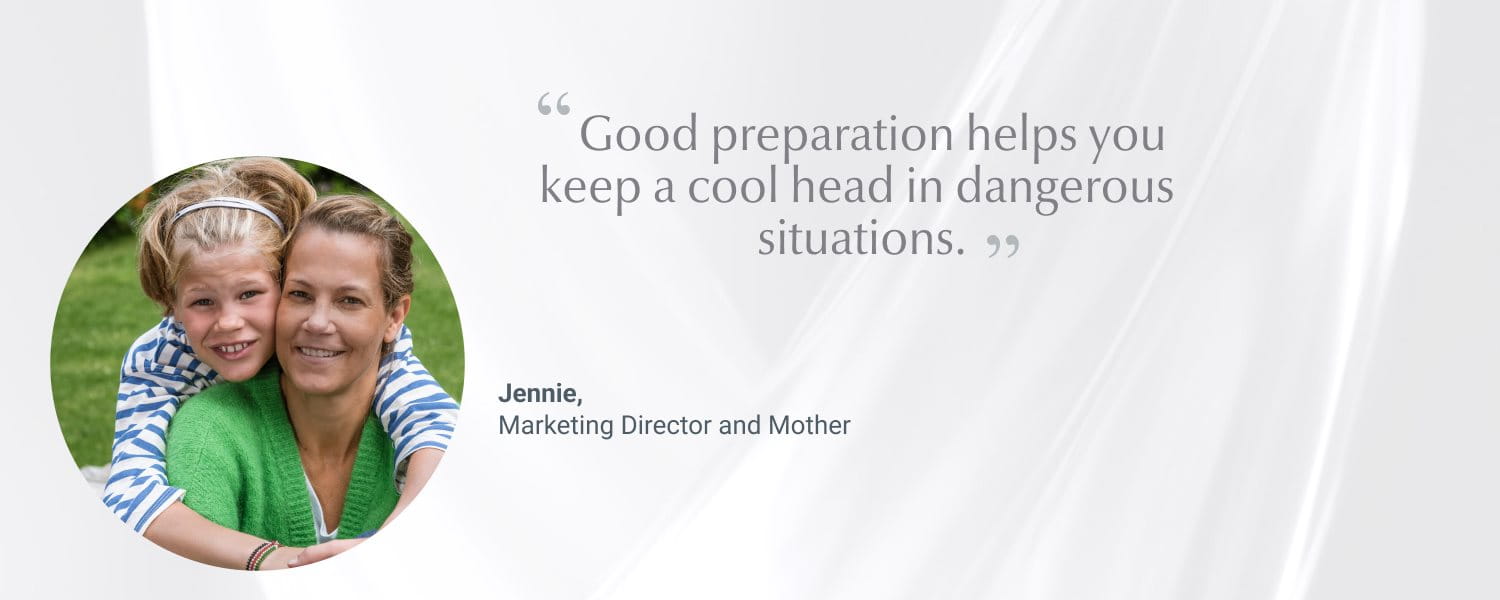
Good preparation is everything
"As Jennie was stuck in bed with a heavy cold, her husband and her then seven-year-old son, Paul, wanted to do something nice for her by making her a soothing, hot cup of tea. However, instead of a knock on the door, Jennie heard a sudden cry. She recalls immediately running to her husband and son. ‘As they were walking up the stairs, the hot tea fell down and splashed all across Paul’s back. His entire neck was burned. It looked terrible,’ says Jennie.
Fortunately, as someone who works in Healthcare Marketing, she knew about the importance of first aid and responded immediately. ‘I was horrified, of course, but I knew what I needed to do. This knowledge let me respond right there and then, without having to think. I took Paul to the bathroom straight away and cooled down his neck in the bathtub using water that wasn’t too cold. I kept his T-shirt on so it wouldn’t tear off any skin by pulling it off. At the same time, my husband called an ambulance,’ she says."
Prepare your medicine cabinet and first-aid knowledge
"The burn wounds were able to be treated professionally by the hospital. After about four weeks of bandages, regular wound cleaning and protection from the sun, Paul’s skin had recovered without even leaving a single scar. Jennie says, ‘We’re very happy that Paul is doing well again. Despite that, minor or major accidents can happen at home at any time, especially ones involving children. I’ve learned a lot about first aid, which helps me feel well prepared. I recommend to all parents that they do the same thing and also take refresher first-aid courses regularly.’
Jennie says she gives the same amount of attention to preparing her medicine cabinet as she does to her first-aid knowledge. ‘At home, I always keep a disinfectant spray and plasters of various shapes and sizes for the right wound protection. Wound-care ointment is also important for the healing process. We call it a magic cream, and that makes my kids much more likely to put it on than if we called it an ointment.’"
